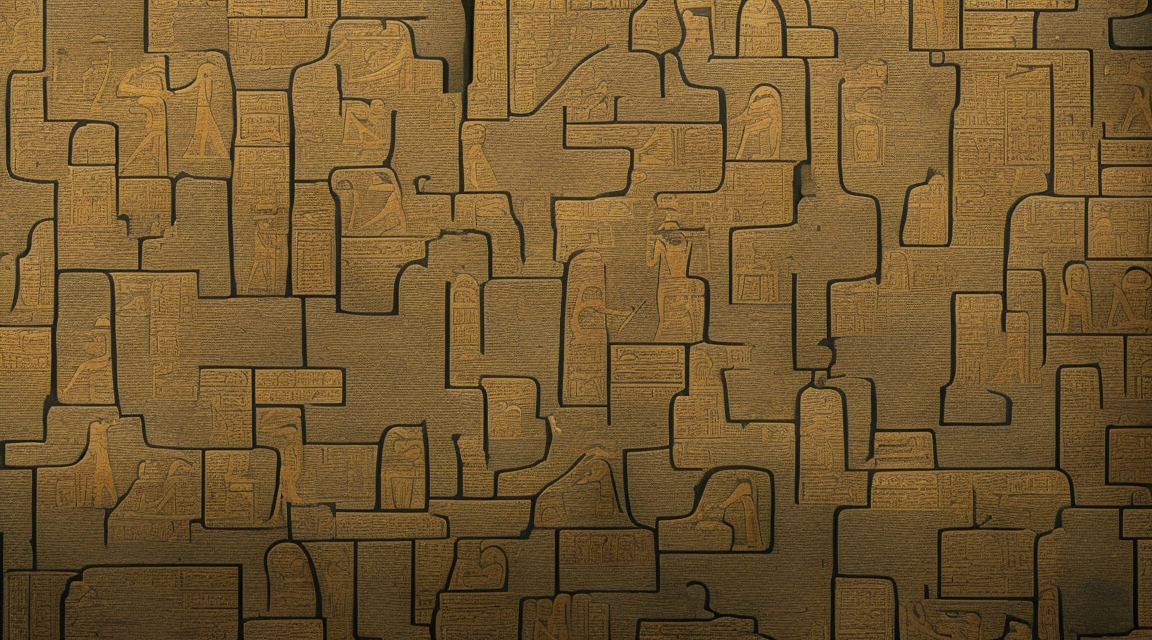The Rosetta Stone is one of the most iconic artifacts in the world, with its inscriptions providing invaluable insights into the ancient Egyptian civilization. Discovered in 1799 during Napoleon’s campaign in Egypt, the Rosetta Stone has served as a key to unlocking the mysteries of the ancient Egyptian language and culture. This article explores the discovery, importance, breakthrough in decoding hieroglyphs, insight into ancient Egyptian language and culture, and the lasting legacy of the Rosetta Stone.
Discovery of the Rosetta Stone
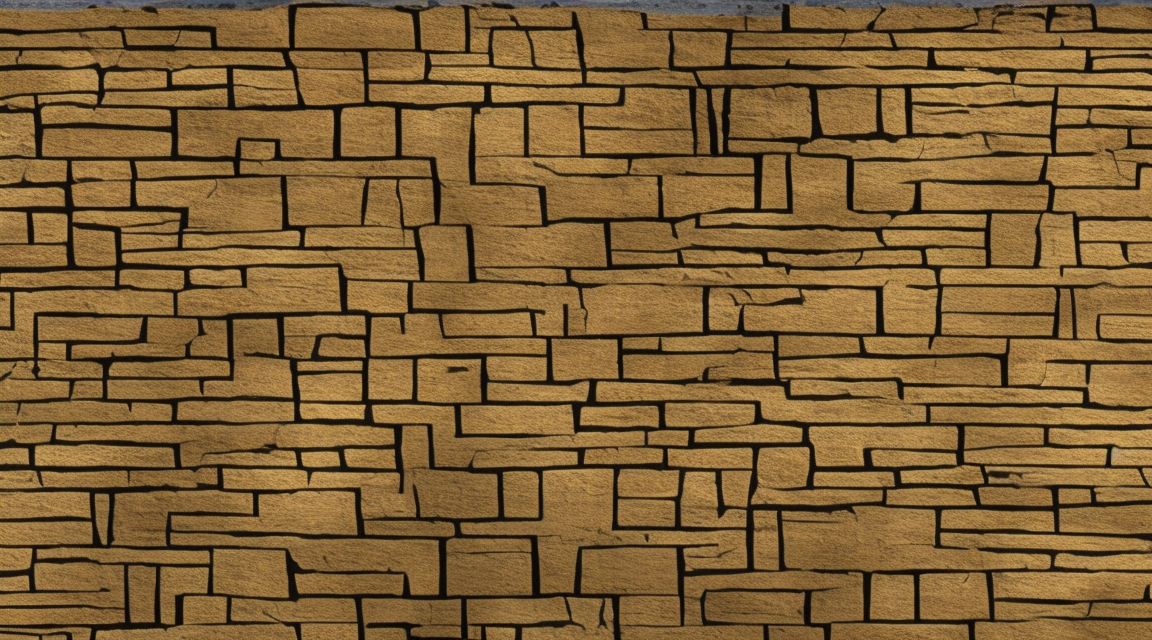
The Rosetta Stone was discovered in the town of Rosetta (modern-day Rashid) by French soldiers under the command of Napoleon Bonaparte. While rebuilding a fort, they stumbled upon a black basalt stone with inscriptions in three different scripts: Egyptian hieroglyphs, Egyptian Demotic script, and ancient Greek. The stone, measuring about 114 by 72 centimeters, immediately piqued the curiosity of scholars and historians.
The Importance of Multi-Lingual Inscriptions
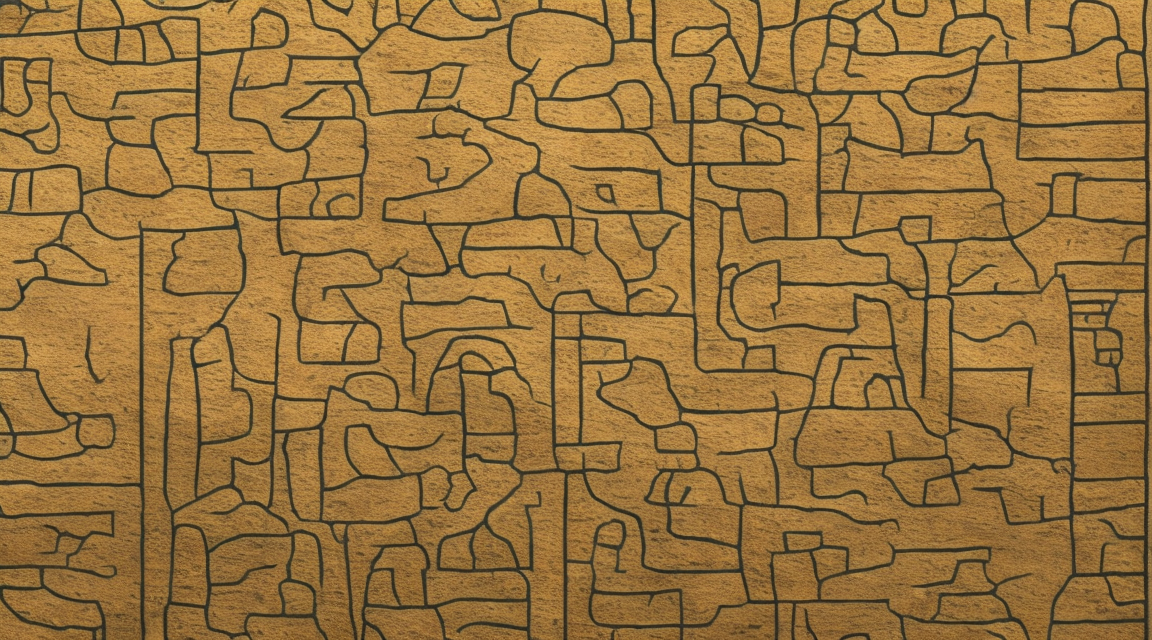
The significance of the Rosetta Stone lies in its multi-lingual inscriptions. The same text was written in three different scripts, allowing scholars to compare the known Greek text with the previously unreadable Egyptian hieroglyphs. This provided scholars with a starting point to decipher and understand the ancient Egyptian language.
The Breakthrough in Decoding Hieroglyphs
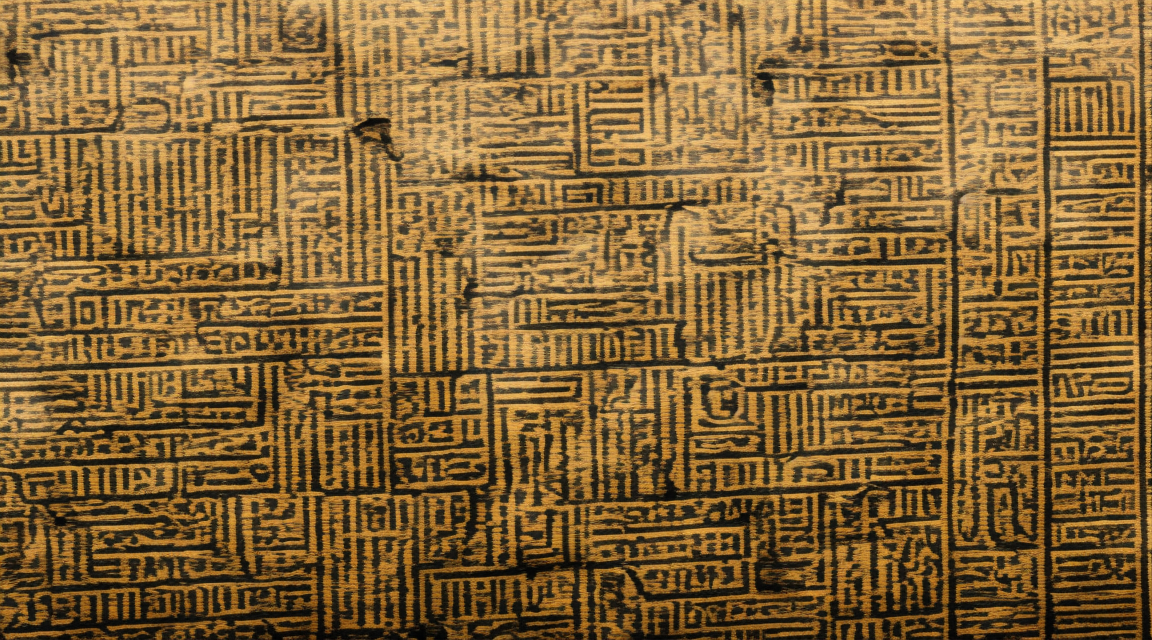
Decoding the hieroglyphs proved to be no easy task. For years, numerous scholars attempted to crack the code but failed. However, the breakthrough came with the efforts of French scholar Jean-François Champollion. After studying the Rosetta Stone for several years, Champollion successfully deciphered the ancient Egyptian hieroglyphs in 1822.
Champollion’s breakthrough was possible because he identified several key elements on the stone. He realized that the hieroglyphs surrounded an image of a pharaoh, indicating that they represented royal names. By comparing the Greek names on the Rosetta Stone with hieroglyphs, Champollion was able to make connections and unlock the ancient Egyptian language.
The Insight into Ancient Egyptian Language and Culture
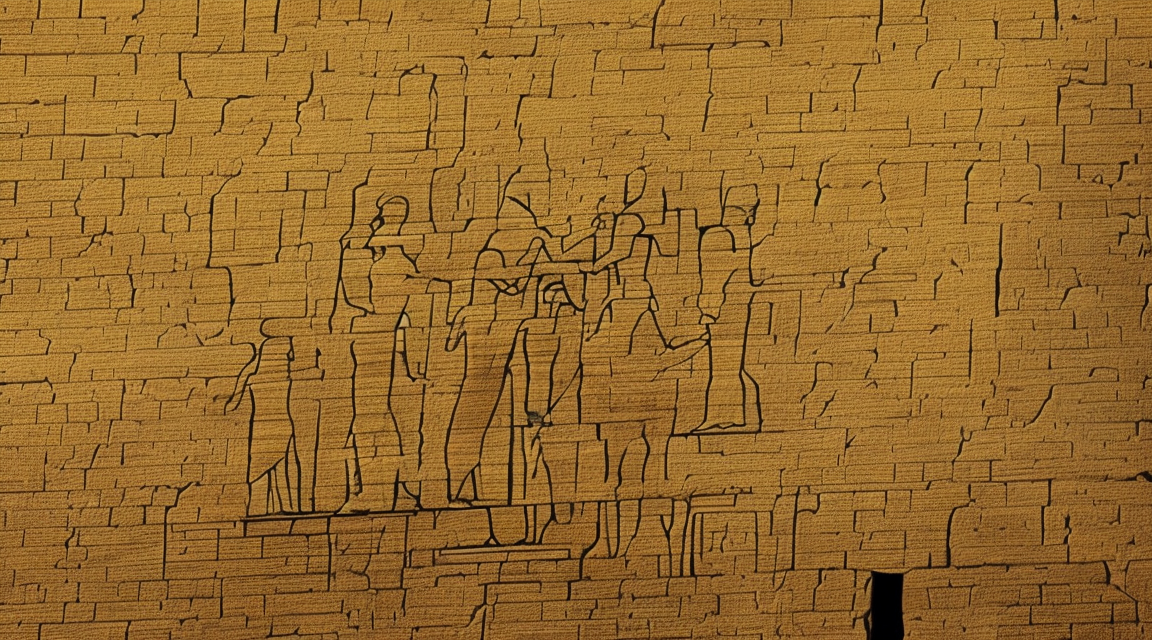
The decipherment of hieroglyphs opened up a whole new world of knowledge about ancient Egypt. It provided scholars with access to a wealth of information about the language, religion, history, and daily life of the ancient Egyptians.
Through the Rosetta Stone, we have learned about the powerful pharaohs, the complex religious beliefs, the detailed hieroglyphic writing system, and the importance of rituals in ancient Egyptian society. It has allowed us to understand their construction techniques, farming practices, and medical knowledge. The Rosetta Stone has truly served as a window into the rich and fascinating world of the ancient Egyptians.
The Lasting Legacy of the Rosetta Stone
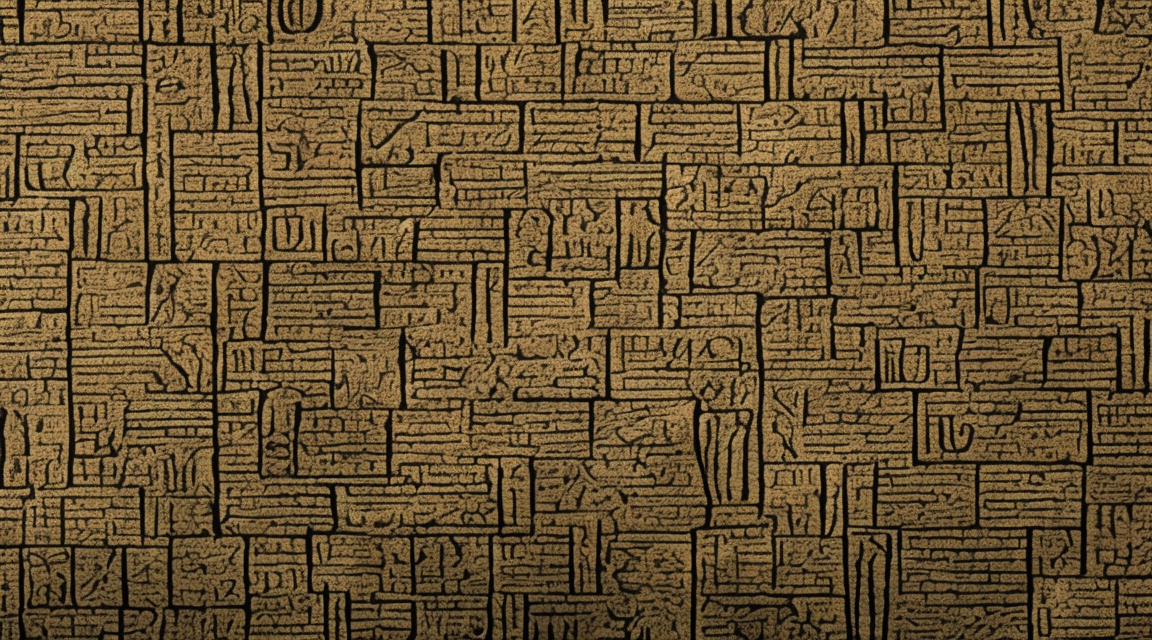
The legacy of the Rosetta Stone extends far beyond its historical significance. It has become a symbol of the power of human curiosity, determination, and intellect. The stone’s discovery and decipherment represent a monumental achievement in the field of linguistics and archaeology.
The Rosetta Stone also carries a message of the importance of preserving cultural heritage. It serves as a reminder to protect and study ancient artifacts, ensuring that the knowledge and insights gained from them are passed down to future generations.
Today, the Rosetta Stone holds pride of place in the British Museum in London, where it continues to captivate visitors from around the world. It stands as a testament to the enduring quest for knowledge and the remarkable achievements of humanity.
In conclusion, the Rosetta Stone is more than just an ancient artifact. It is a remarkable key that has unlocked the secrets of the ancient Egyptian civilization. Its discovery, multi-lingual inscriptions, breakthrough in decoding hieroglyphs, and the insight it provides into ancient Egyptian language and culture have made it an invaluable treasure. The lasting legacy of the Rosetta Stone reminds us of the importance of preserving our past and the power of human intellect to unravel the mysteries of our history.
